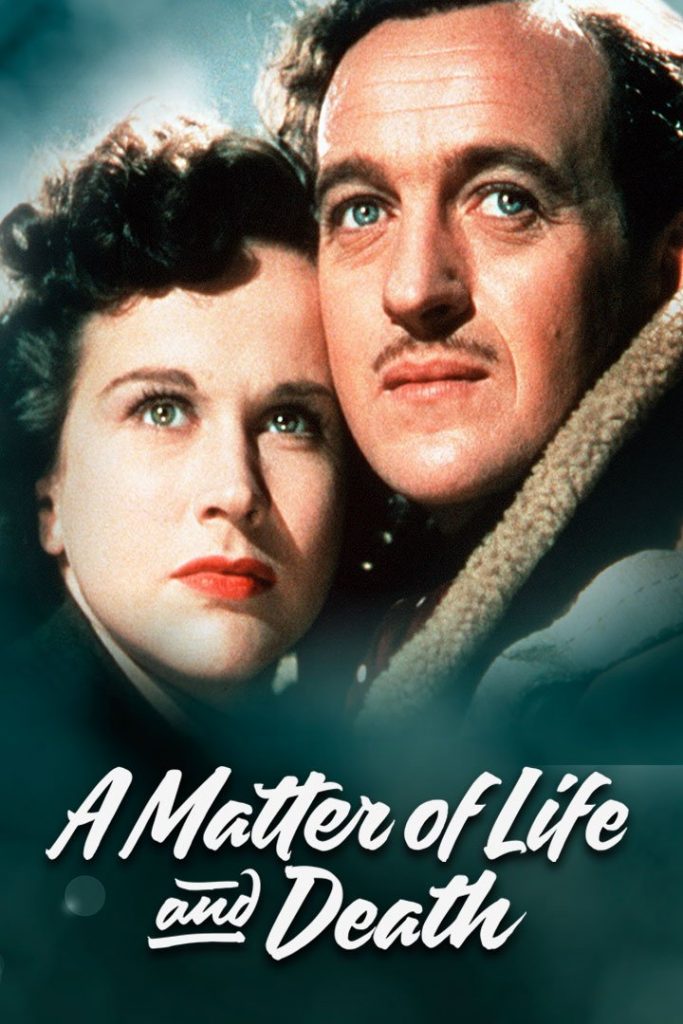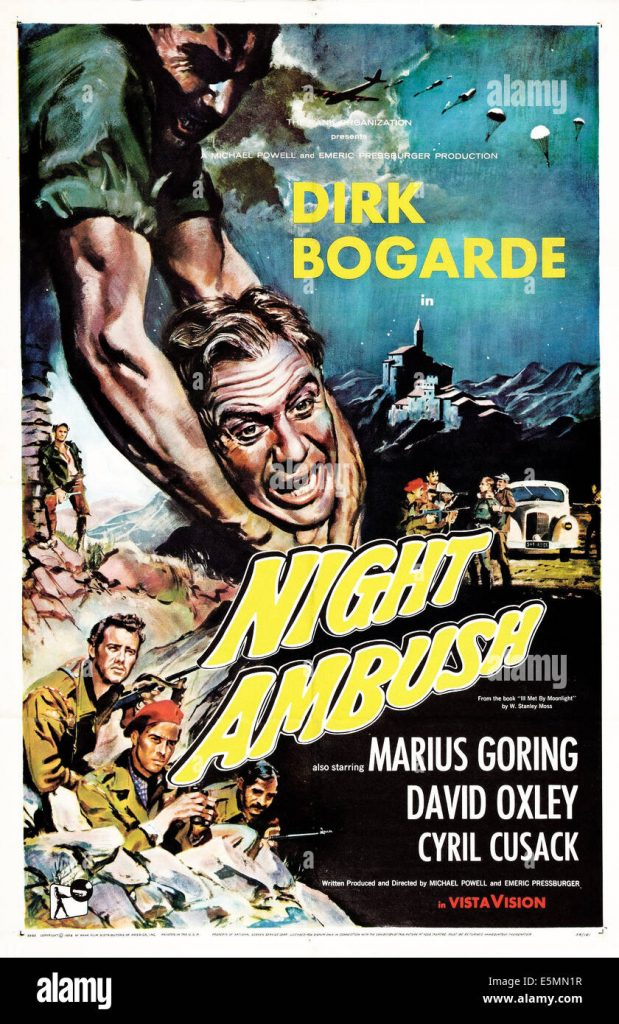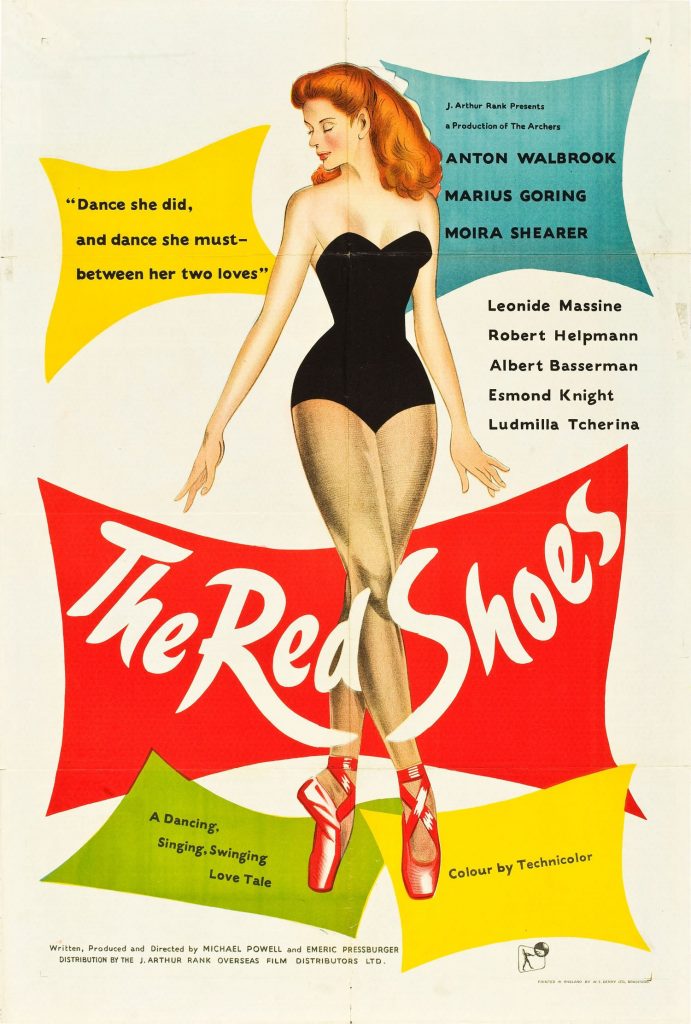
Marius Goring. Obituary in “Daily Telegraph”
MARIUS Goring, the actor who has died aged 86, built his reputation on the stage, where he was a distinguished interpreter of Shakespeare; but on the screen he was allowed to give little hint of his time in the West End, or of his education at four continental universities, being cast instead in a series of roles as villainous Nazis and homicidal maniacs.
It was Goring’s misfortune to have the haughty countenance and smooth manner suggestive to film producers of Germanic types. He was able, too, to hint at cold danger lurking beneath a genial manner, and among the many films he appeared in to good effect as a Nazi was I Was Monty’s Double (1958), as the Nazi spy invited to dinner at Gibraltar to meet the sham General.
He was also in Pastor Hall (1940), as a storm-trooper in an early film by the Boulting brothers [Well worth watching – Steve], and Ill Met By Moonlight (1956), as the German governor of Crete kidnapped by dashing commando Dirk Bogarde.









Goring fared better in other films by Michael Powell and Emeric Pressburger besides Ill Met by Moonlight, most notably The Red Shoes (1948). Cast against type as a romantic lead, he played the composer vying with tyrannical impresario Anton Wallbrook for a ballerina, Moira Shearer.
He also played the powdered and periwigged Conductor 71 in A Matter of Life and Death (1946), leading David Niven up a vast moving staircase to Heaven.
On television, he was Sir Percy Blakeney in The Adventures of the Scarlet Pimpernel (1955), a caustic King George V in Edward and Mrs Simpson (1978), and a Home Office pathologist in the series The Expert (1968-70; 1974).
Goring spent all his career closely involved in Equity, the actors’ union, of which he had been a founder member in 1929. He was its vice-president in the Sixties and Seventies and fought a costly battle to keep it from being dominated by the Workers’ Revolutionary Party and Corin and Vanessa Redgrave.
Goring twice went to court to ensure funds could not be donated to political causes and that decisions could only be taken after a referendum of members. He also tried to stop Equity’s policy of preventing British programmes being shown in South Africa, so denying actors fees.
But Goring was not, as some believed, a blimpish figure. As a child he had spent every Christmas with his black Jamaican godfather, and hoped to take She Stoops to Conquer, a play about position in society, to South Africa with an all-black cast.
“My concern is to protect actors’ and actresses’ welfare”, he said. “I don’t give a damn who’s Left or Right.”
Marius Goring was born of Anglo-Scots parentage at Newport, Isle of Wight, on May 23 1912. His father was a doctor and criminologist who spent much of his career attempting to disprove a fashionable theory that criminality was pre-determined by physical attributes.
Marius was educated at the Perse School, Cambridge. At 16 he saw the celebrated troupe La Compagnie des Quinze and vowed one day to join it.
Goring made his first professional stage appearance in 1927 in one of Jean Sterling Mackinlay’s matineés. He then briefly attended the universities of Frankfurt, Vienna, Paris and Munich before studying at the Old Vic dramatic school from 1929 to 1932. In 1931 he toured France and Germany with the English Classical Players.
From 1932 to 1934 he was a stage-manager at the Old Vic and was called in at short notice, aged 20, to play Romeo to Peggy Ashcroft’s Juliet. Described by Tyrone Guthrie as an “ardent, gifted student with blue eyes and flaming hair”, Goring then kept the promise he had made to himself as a schoolboy by joining La Compagnie des Quinze, having met its founder, Jacques Copeau, at the Sorbonne.
Goring toured France and the Low Countries with Copeau, playing Hamlet and other roles in French, and was instrumental in bringing to London Michel Saint-Denis, Copeau’s nephew and the director of the Quinze. With Saint-Denis and George Devine, Goring founded the London Theatre Studio, later the Old Vic School.
In the mid-Thirties, Goring forged a formidable reputation in the West End as a highly reliable player of foils and second leads. In Twelfth Night at the Old Vic in 1937, with Laurence Olivier and Alec Guinness , the critic Herbert Farjeon thought Goring’s Feste “immeasurably the best thing – a worn clown, stark, tragic, like a stab in the heart of fun. Never have I seen the baiting of Malvolio in prison better or more mercilessly done”.
In the same year, in a thriller with Flora Robson at the Shaftesbury, Goring established his popular repute as a player of villains. Within three months he was playing a psychopath undergraduate inThe Last Straw at the Comedy with his future wife, the former principal actress of the Berlin Theatre, Lucie Mannheim, who had been expelled by the Nazis.
In 1939, Goring directed her in Nora, a version of Ibsen’s A Doll’s House, at the Duke of York’s.
Just before the outbreak of war, Goring took the part of the First Player and of Osric in the production of Hamlet which John Gielgud took to Elsinore. Goring also played Pip in Alec Guinness’s version of Great Expectations at the Rudolph Steiner, the first play to open after the theatres had been temporarily closed as a war measure.
Goring enlisted in the Queen’s Royal Regiment but spent much of the war working in propaganda. In 1939 he had been highly convincing as the voice of Hitler in a radio series, The Shadow of the Swastika, and from 1941 he was seconded to the Foreign Office. There he supervised BBC news programmes broadcast to Germany.
After the war, Goring played his part in restoring relations with Germany. In 1947, he and Lucie Mannheim toured the British zone of Germany, performing in German, and they returned to Berlin in 1948 with Daphne Laureola, which Goring performed in the local accent.
From the mid-Fifties, Goring concentrated on Shakespearean roles, combining these with touring. In 1953 he led the Shakespeare Memorial Company at Stratford in Richard III, Antony and Cleopatra and King Lear. The next year, at Wuppertal, he played, in German, a classical double bill, and two seasons later founded a company to tour Shakespeare to Holland, Finland and India.
Goring returned to Stratford-upon-Avon as leader of the Royal Shakespeare Company in 1962 and was a distinguished Angelo in Measure for Measure.
Among his later roles were those of Andrew Wyke in Sleuth at St Martin’s, which he played for almost three years from 1982, and as God in the Canterbury Cathedral Mystery plays in 1986.
Away from the stage, Goring enjoyed riding, and was an accomplished skater.
Marius Goring was appointed CBE in 1991.
He married first, in 1931, Mary Westwood Steel, by whom he had a daughter. The marriage was dissolved and he married Lucie Mannheim in 1941. She died in 1976. He married thirdly, in 1977, the director Prudence Fitzgerald

